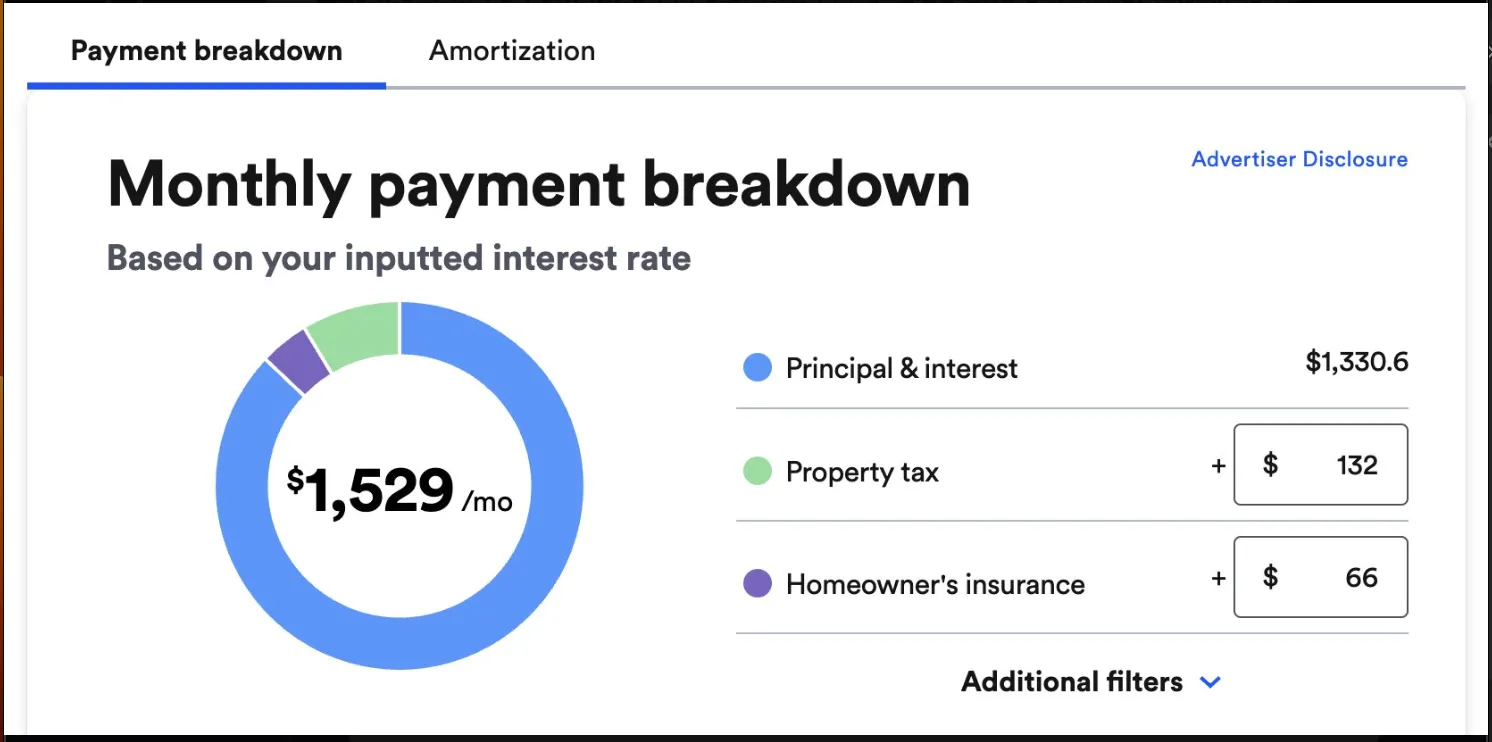One of my friends matched for residency on Friday. He reached out and said he plans to buy a home because "all the residents there do."
So I asked why they all buy. He quickly responded "It's a no brainer, renting is throwing away money." This is something I hear so often. But is it true?
Here's the real numbers behind it and why that statement is not true for him.
Let me first setup the situation. He matched in a smaller town where housing in pretty cheap to both buy and rent.
He could buy a house he wants for about $200k. He could also rent somewhere he would be really happy at for about $1,400 a month.
It's also important to note that he is single and would live alone. So one huge downside to owning for him was taking care of the house, cleaning a bigger space, the lawn, etc. while maintaining a grueling schedule as a surgeon.
He also stated there is a 0% chance he stays there after his 5 year program. He has no interest in that. And he also has no interest in having to manage a small rental in a small town once he leaves.
Now that you understand the situation let's walk through the numbers. He would buy a $200k house and put 0% down which is possible through a physician loan. This means he would have a mortgage of $1,529 a month inclusive of insurance and property taxes. This is only about $130 more than he would anticipate rent to cost. That is really not bad at all. Most times people buy and end up spending way more.

Now let's look at how much equity he would build in 5 years. After 5 years, he would have paid about $91,740 total in that time frame. And he would build about $11,505 without any appreciation.

Appreciation could happen, but in this town it has not appreciated much over the years. If there was minimal appreciation over the years he would have only built about $10k of equity in 5 years, yet paid $91k in payments.
And that is without any unexpected expenses, maintenance, etc.
Now let's compare that to renting. With renting, he would have paid about $84,000. If rent went up a few percent a year, then he would end up paying closer to $90k. So very similar to owning.
So at the end of the day, he would be in a very similar position if he rented vs bought. But if he rents, he does not have to worry about:
But what if the home does appreciate at around 3% a year? Well... at the end the home would be worth about $230k. That means he would now have built just under $40k of equity. Quite a bit better than renting.
But he would also have to pay fees at the sale and end up with quite a bit less. He also would have to buy a lawn mower or pay someone to do it, shovel, other yard work, etc. in his free time.
So what is the conclusion here?
It's not that buying is bad or renting is bad. It's that the numbers are not that much better to buy at all in the short term. He should pick based on:
Buying in the short term, especially at these rates, is rarely much better than renting. Share this with others who have matched. This is a common misconception I see with residents all the time. They are told buying is so much better but have never looked at the numbers.

Financial Advisor